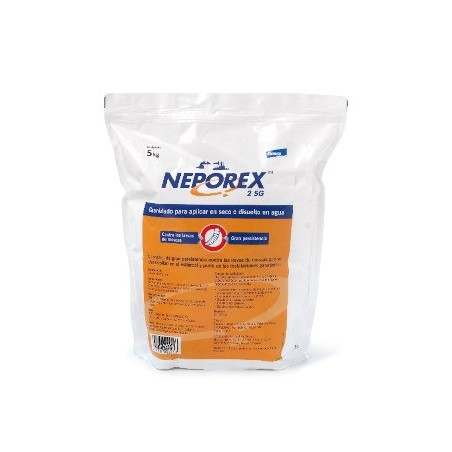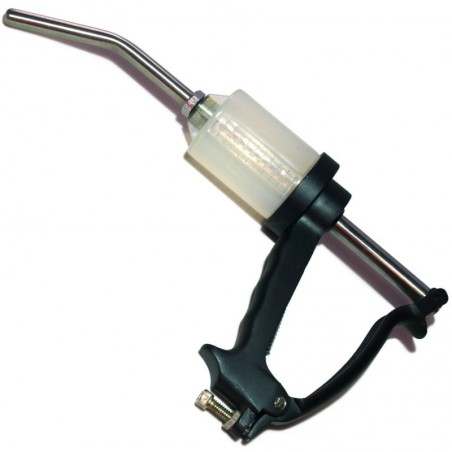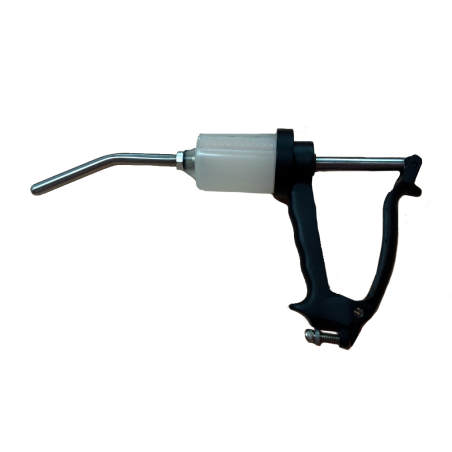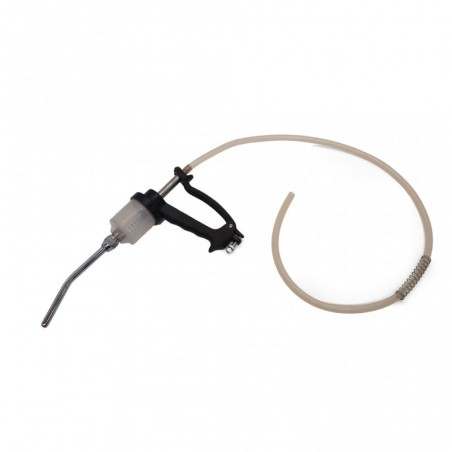The objective of this study was to determine the shedding pattern and impact on embryonation of A. suum eggs of naturally infected gilts and young sows following treatment with fenbendazole.
Gestating gilts and first parity sows from two herds (A and B) were used for the study. Feces of gestating sows were evaluated for the presence of ascarid eggs. Positive sows were randomly assigned to treated or control groups. Treated sows were administered fenbendazole for 3 consecutive days as a feed top dress (9 mg/kg total). On day 0 and periodically thereafter, feces was collected for testing. In Herd B, samples were collected
on day 8 post treatment for evaluation of embryonation rate.

In Herd A, treated sows were negative by d16 after treatment with reduction of egg counts starting at d12. In Herd B, egg counts were reduced by d12 as well but a few animals remained positive thereafter. These findings are similar to the previous study where animals were experimentally infested and egg shedding ceased by d9. In Herd B, there was a significant reduction in the percentage of eggs with successful embryonation to a larval stage at d8. In our study, the time period between treatment and cessation of shedding was several days longer and was not totally complete.
To avoid sows shedding eggs into the farrowing facility, treatment should be done at least 14 days prior to movement into the farrowing facility.
Pittman J.S. Impact of fenbendazole on shedding and embryonation of Ascaris suum eggs in gestating sows. 4th European Symposium of Porcine Health Management.2012.









